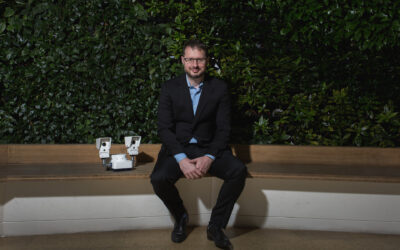Transforming
Binding Lights
In a recent research paper, assistant professor Alireza Marandi delves into the innovative realm of mode-locked lasers.
Fashion >> Forward
For Daniel Mukasa, the future of wearables requires sweating the small stuff.
Burn Notice
Wildfires are on the rise across the globe and curbing them will be a team effort among organizations and technology. Gilberto DeSalvo and his company, Delphire, are joining the battle.
More Articles
-
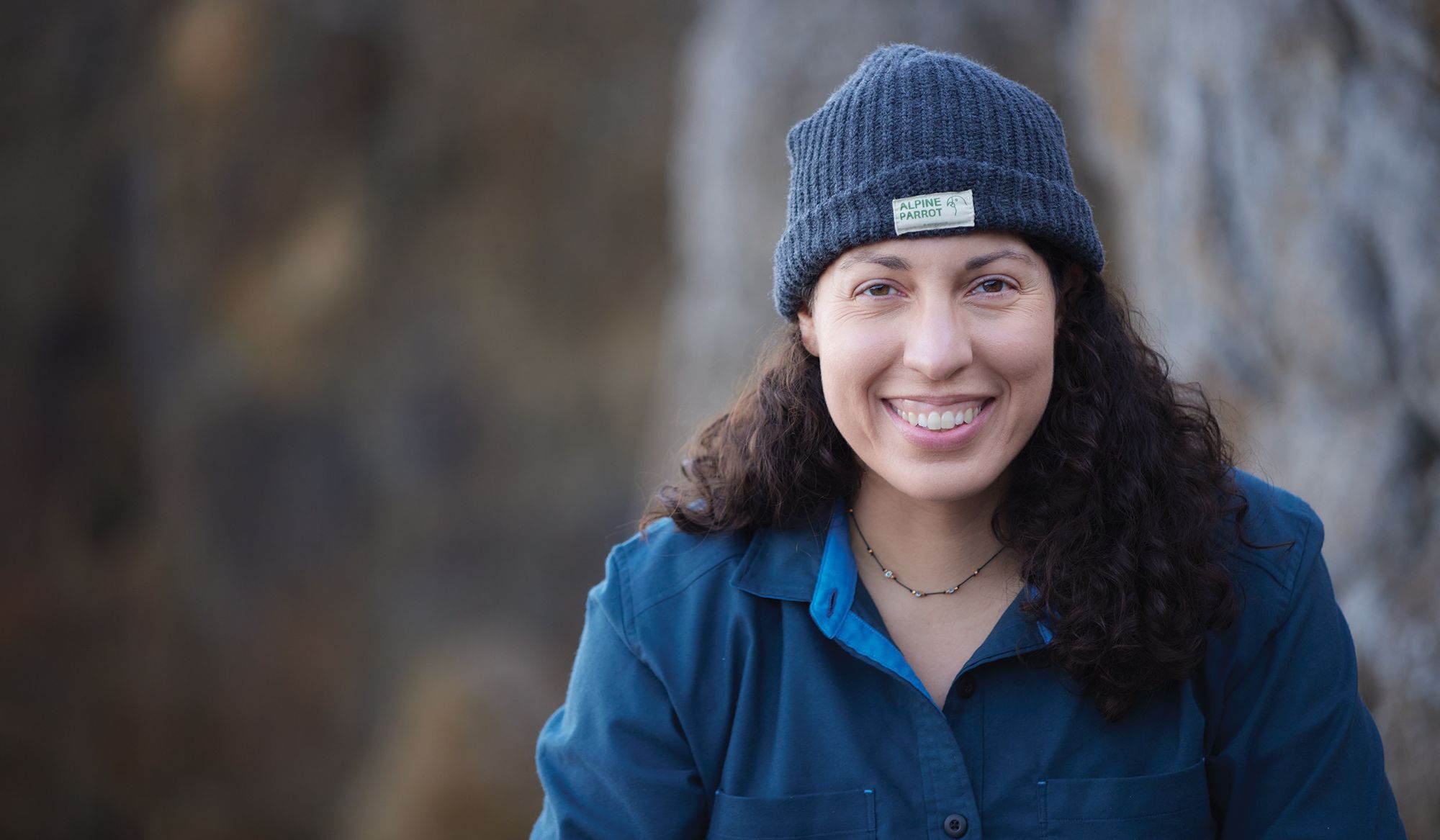
The Right Fit
Raquel Vélez, BS (BS ’07) on her pivot from tech to fashion, the stereotypes that affect the apparel industry, and how sustainability is still possible in a world of fast fashion
-

Fine Print
In the lab of Julia Greer, PhD, Max A. Saccone, PhD (PhD ’22) and Rebecca A. Gallivan, MS (MS ’22) co-authored a paper in which they detailed a refined approach to metal printing.
-
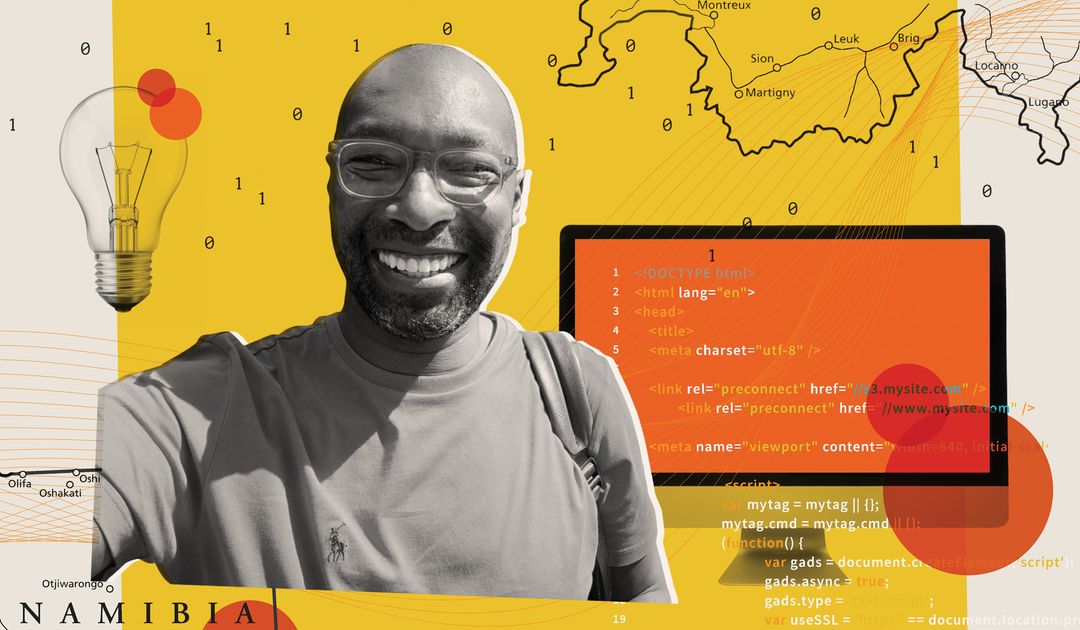
Code for Change
How Entrepreneur Kudah Mushambi, MS/MBA (BS '00) Is Reprogramming Africa Into A Tech Hub
-
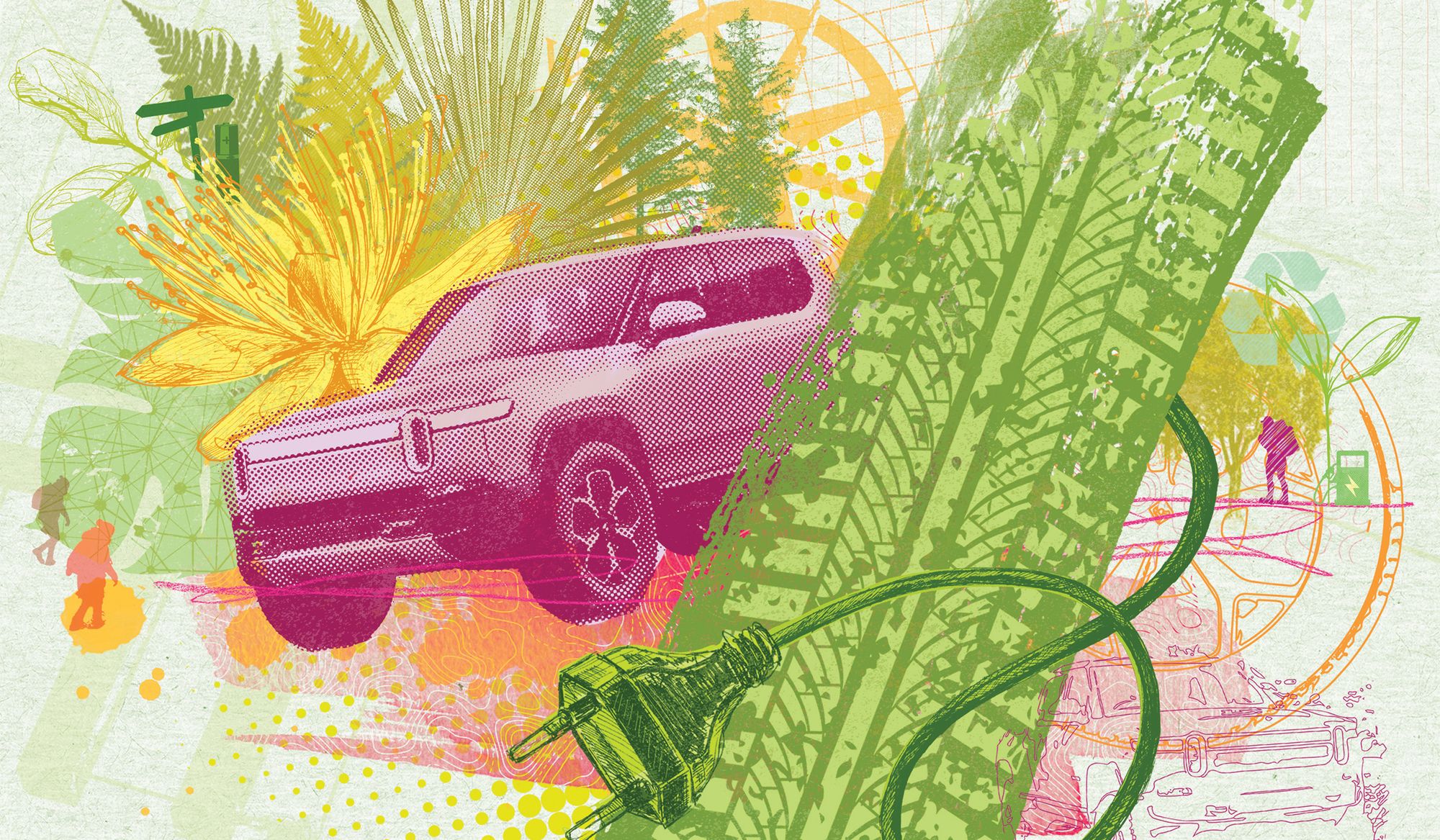
Electric Avenue
With Brian Sisk, PhD (PhD ’04) helming battery design, Rivian is taking the electric revolution off-road
-
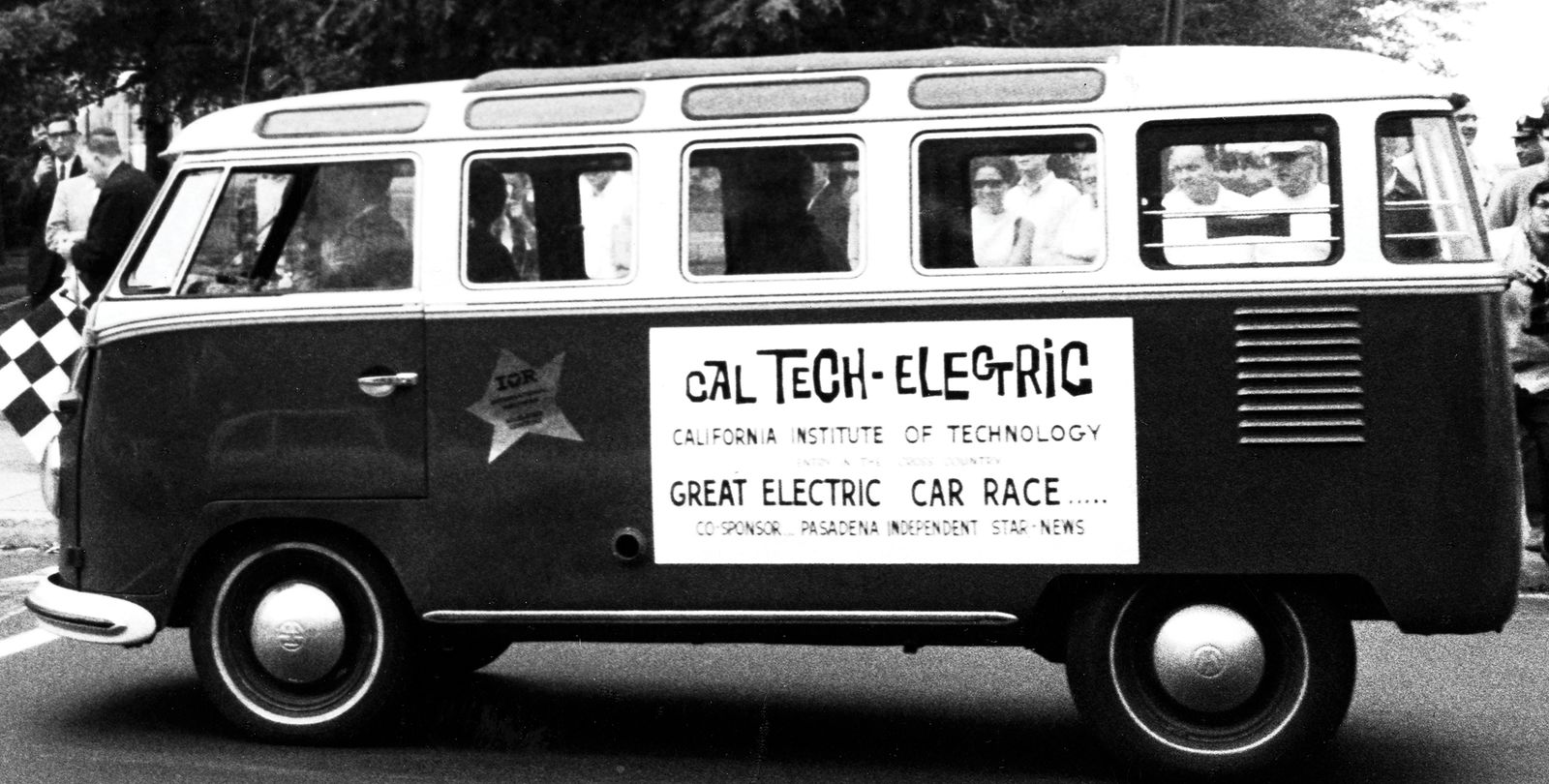
Shocking Upset
In 1968, Wally Rippel, BS (BS ’68) and his Caltech team challenged MIT students to a cross-country race of electric cars
-
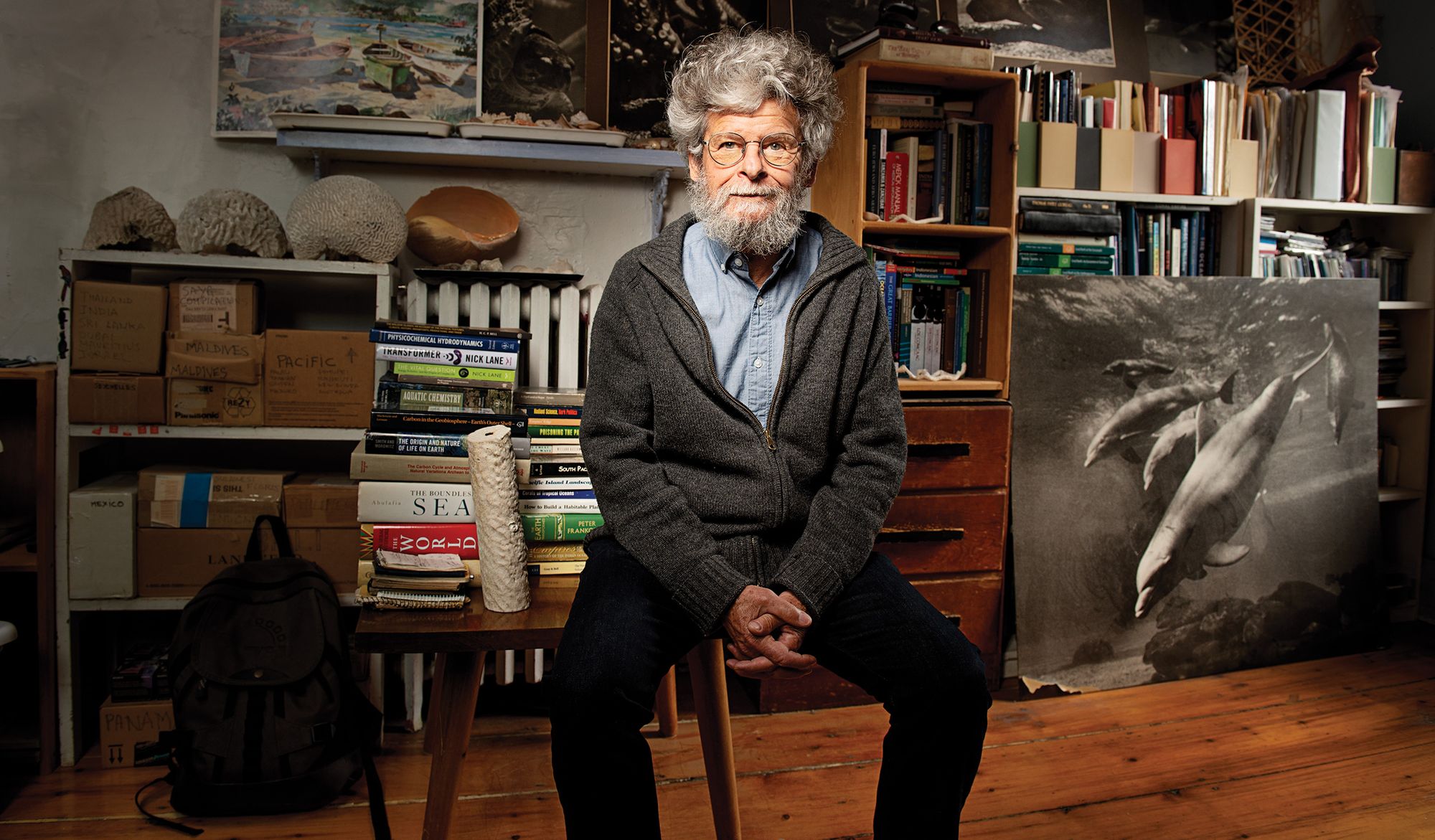
Reef Relief
How Tom Goreau’s, PhD (MS ’72) electrifying technology is helping local communities rebuild the world’s coral reefs
-
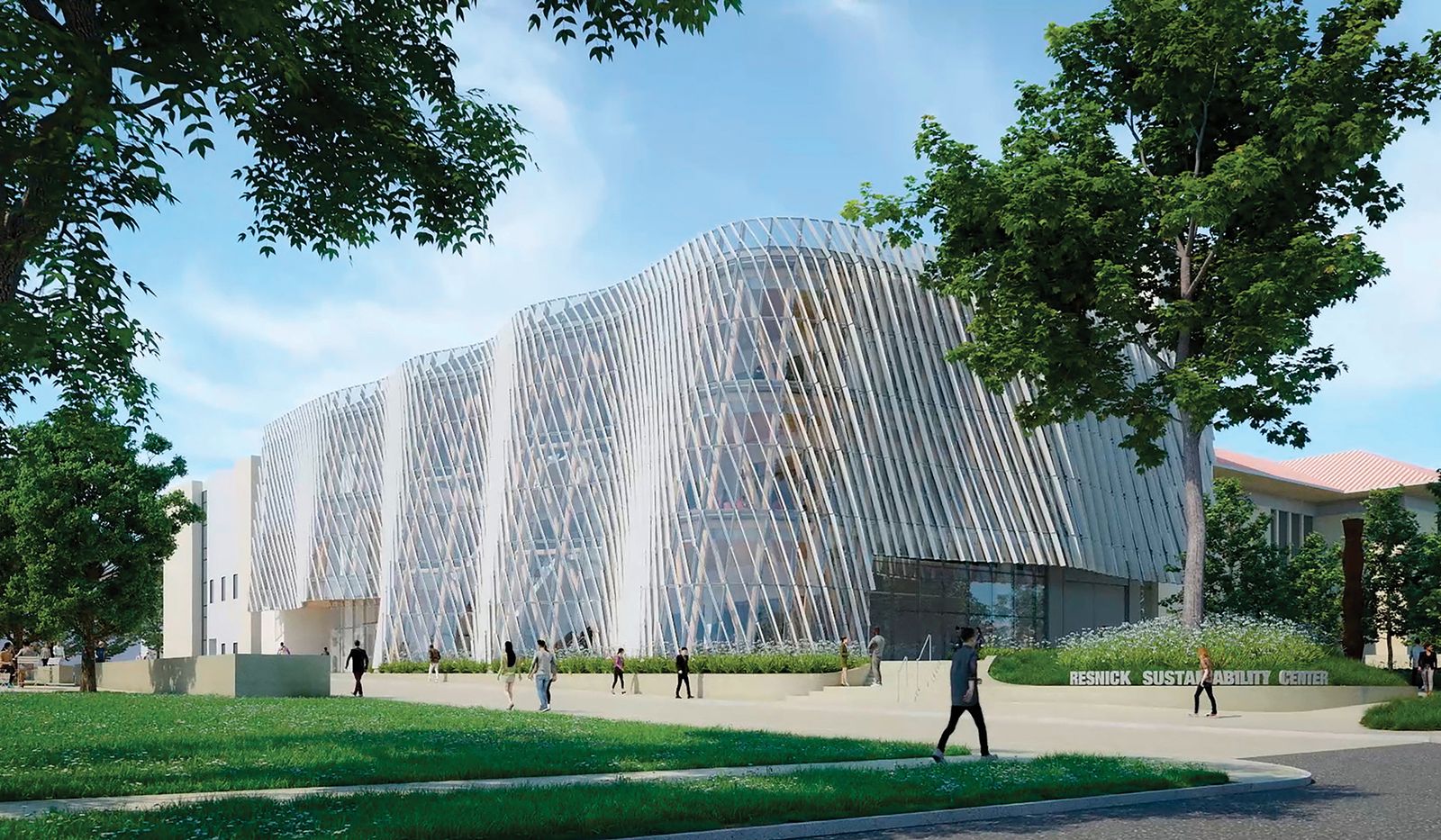
Science In Action
Caltech’s campus is getting a sustainable upgrade from Yazdani Studios
-
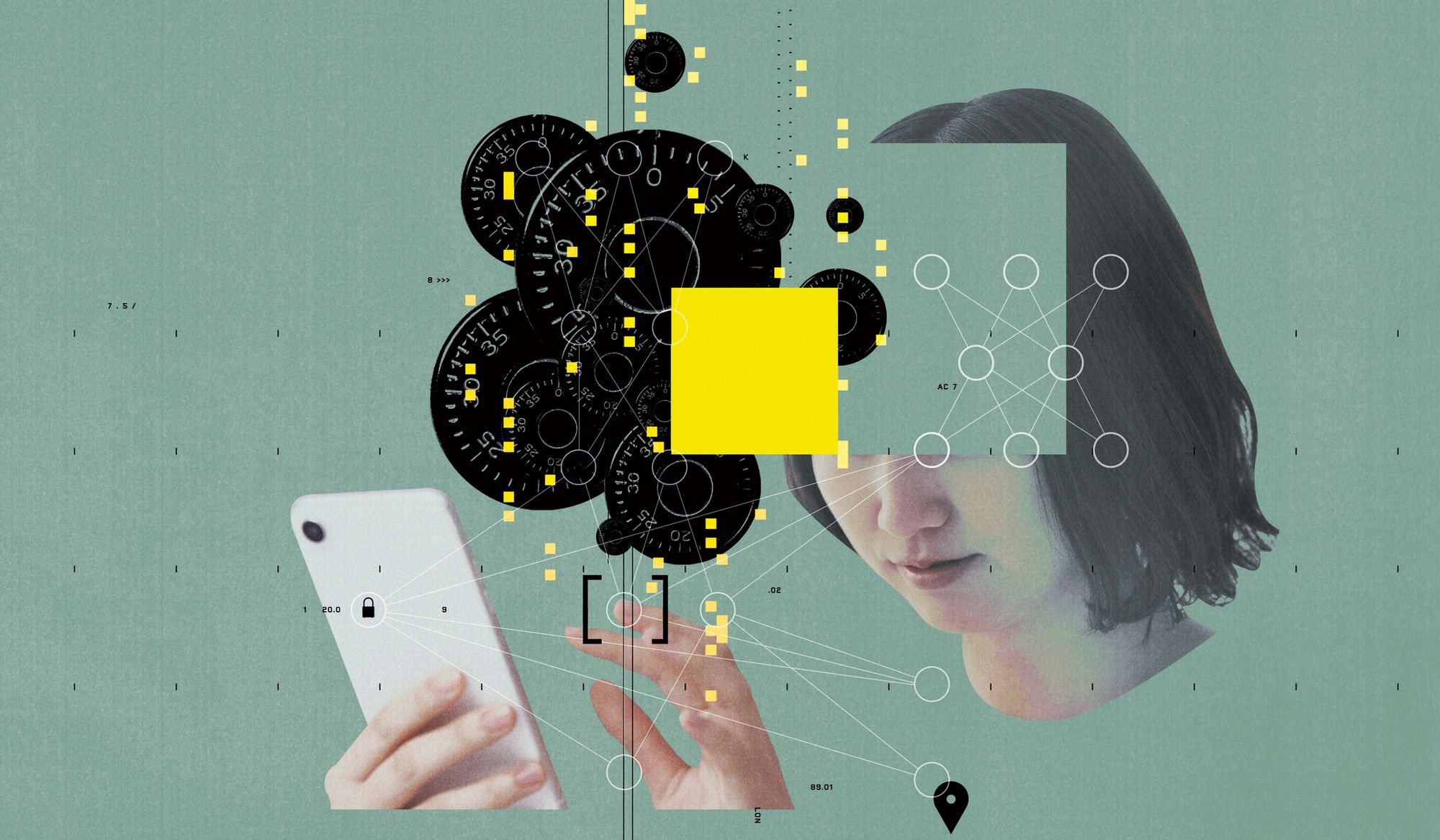
My Own Devices
Google privacy engineer Jeremy Gillula, PhD (BS ’06) on how protecting personal data became a priority—and what will shape the future of digital freedom
-
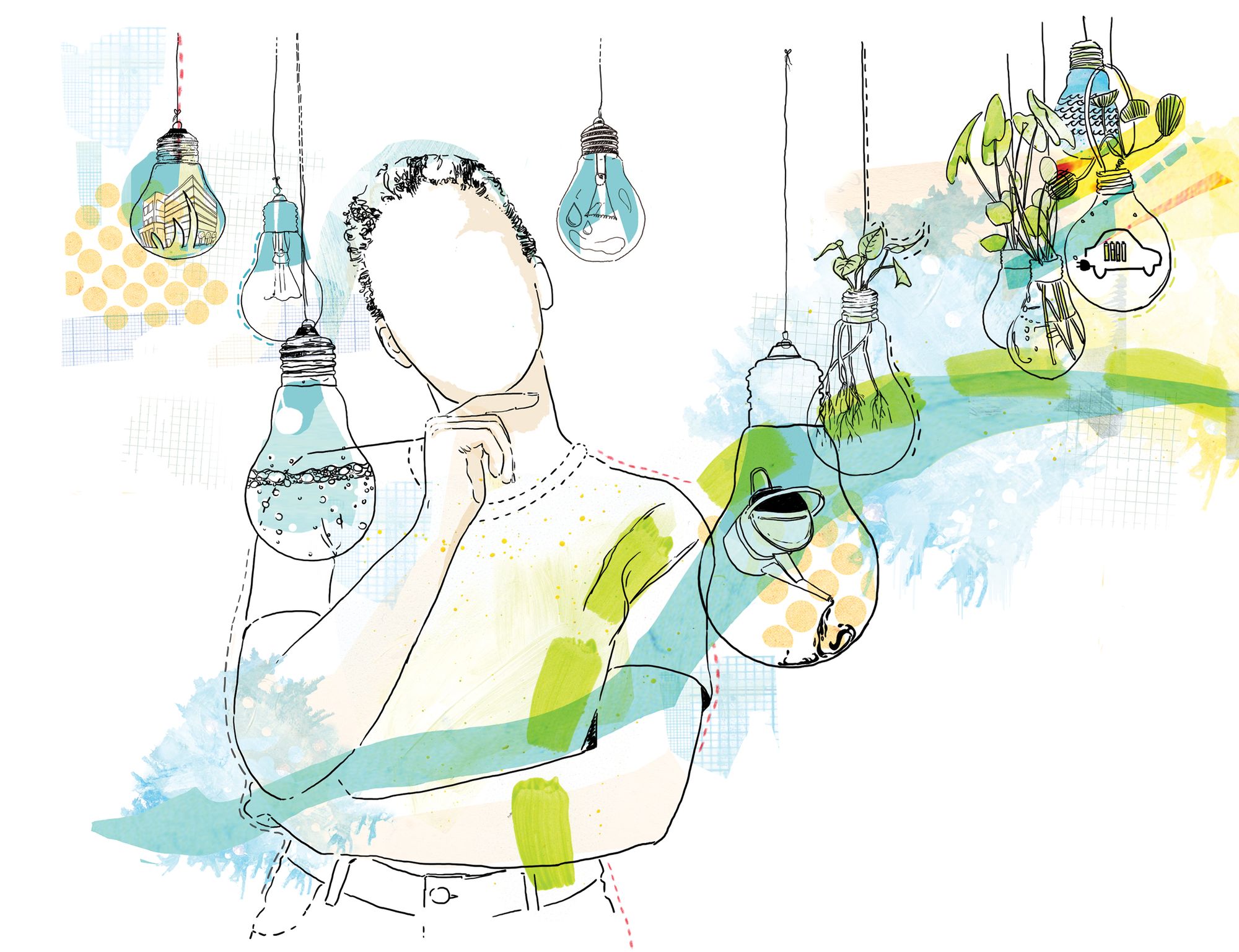
The Sustainable City
The United Nations predicts that 70% of the world’s population will live in urban centers in the next 30 years. The city of the future will need to function differently than it does today, and the change over the next three decades will be rapid.
-
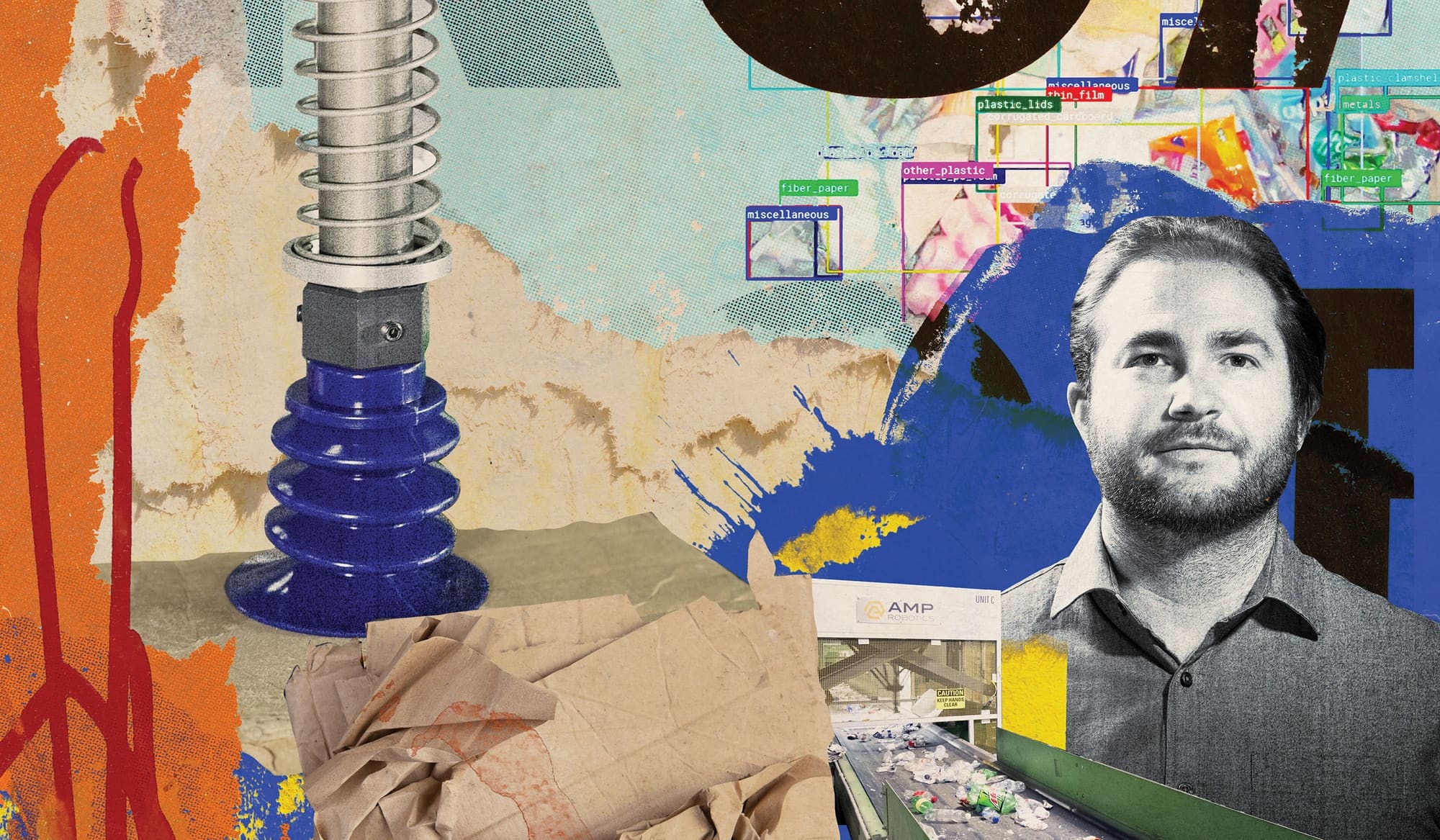
Sorting It Out
How Matanya Horowitz's Revolutionary Recycling System Could Kick-Start A Global Renaissance
-
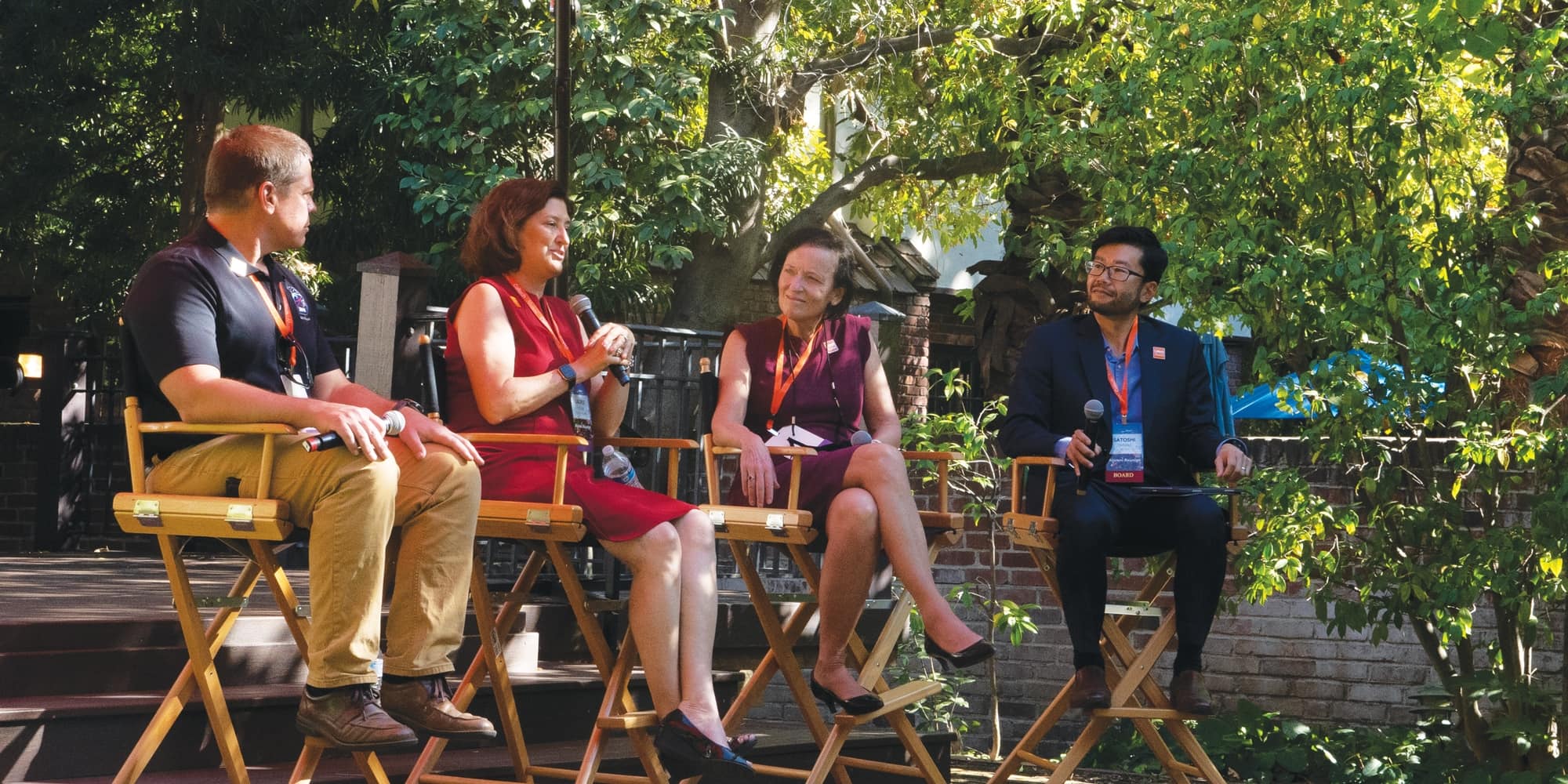
Distinguished Alumni Panel Ponders the New Normal
Pondering the pandemic with 2021 Distinguished Alumni Award recipients
-
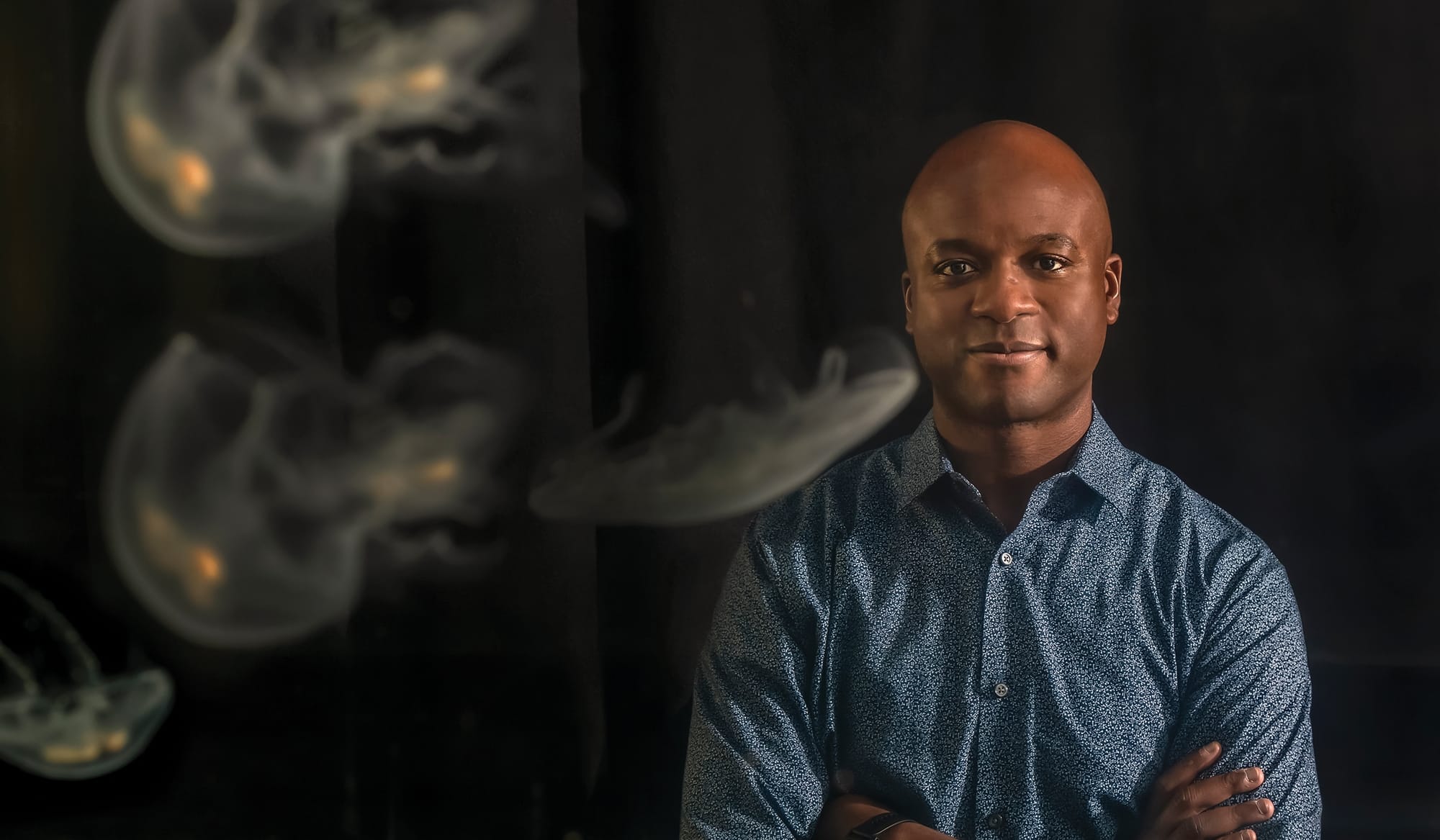
Making a Federal Case for Climate Action
How John Dabiri, PhD (MS ’03, PhD ’05), is helping shape the Biden administration’s plans for addressing climate change
-
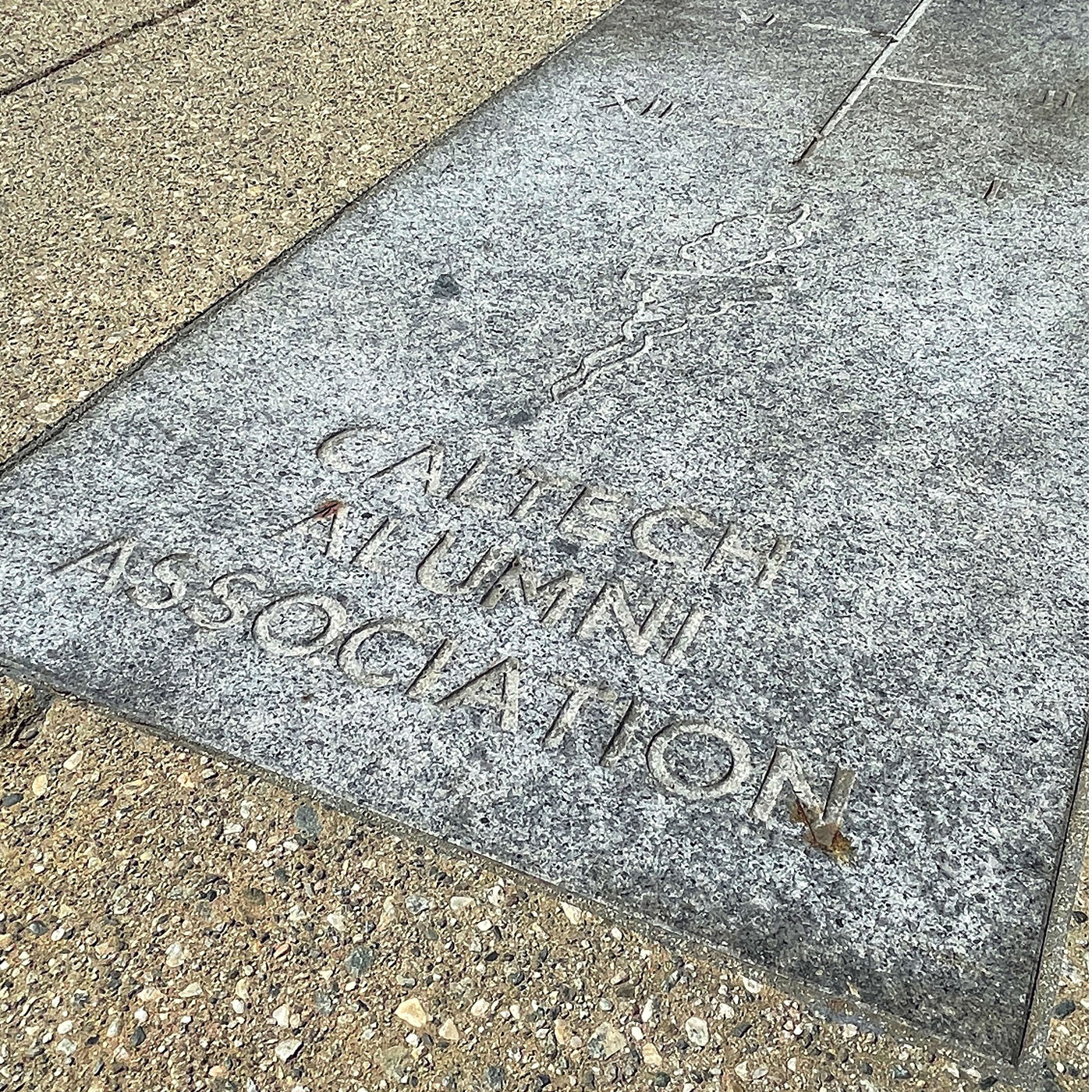
Caltech Analemmatic Sundial
In 2007, supported by the Caltech Alumni Association, Bob Kieckhefer, BS (BS ’74) and Ponzy Lu, PhD (BS ’64) collaborated to give the current students a landmark that would maintain its place on the Caltech campus forever in stone.
-

Timely Partnership
In 2021, the northeast corner of the Caltech campus received a new addition
-
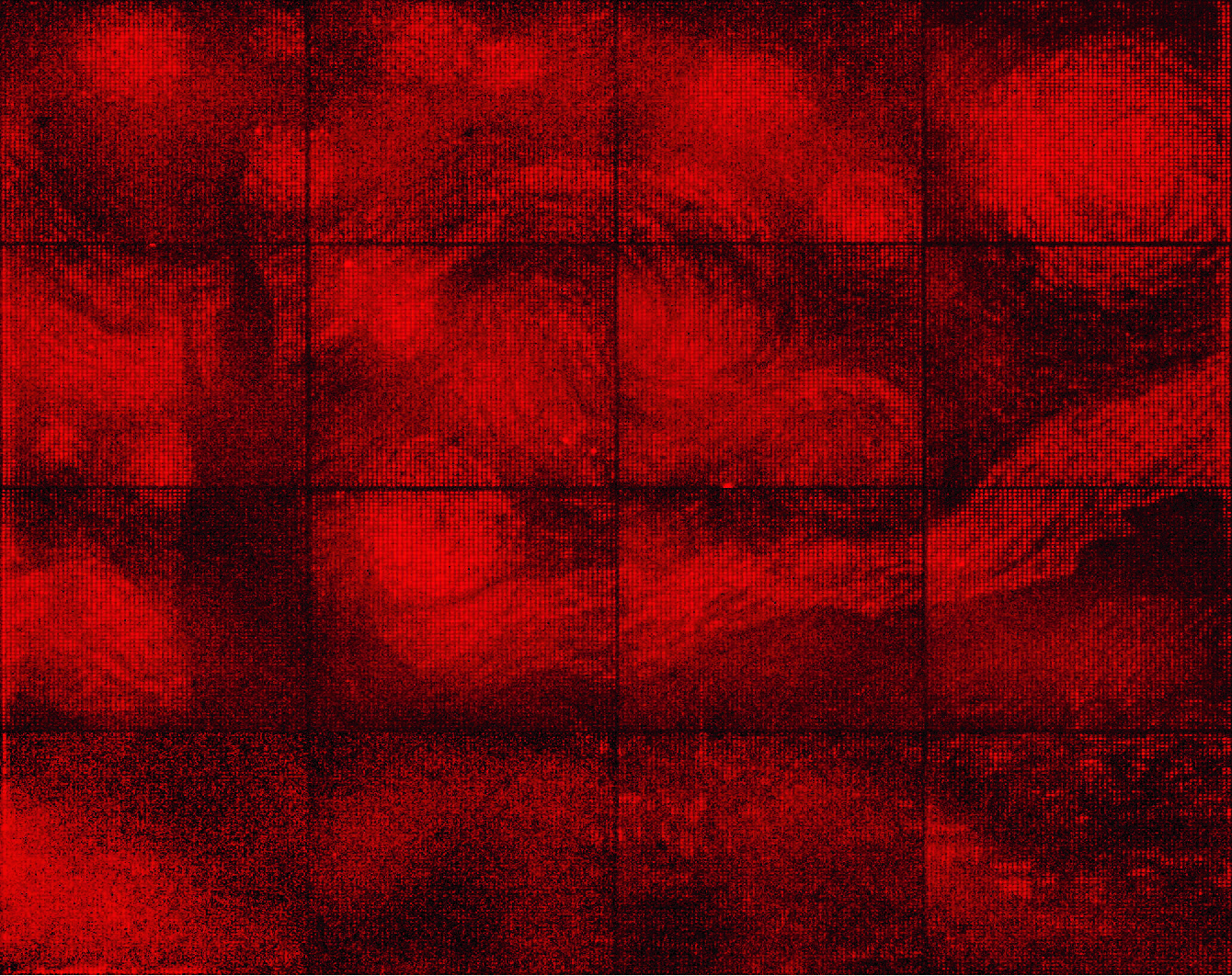
Attention to Detail
Using folded DNA to precisely place glowing molecules within microscopic light resonators, researchers at Caltech have created one of the world’s smallest reproductions of Vincent van Gogh’s The Starry Night, containing 65,536 pixels and only the width of a dime across.
-
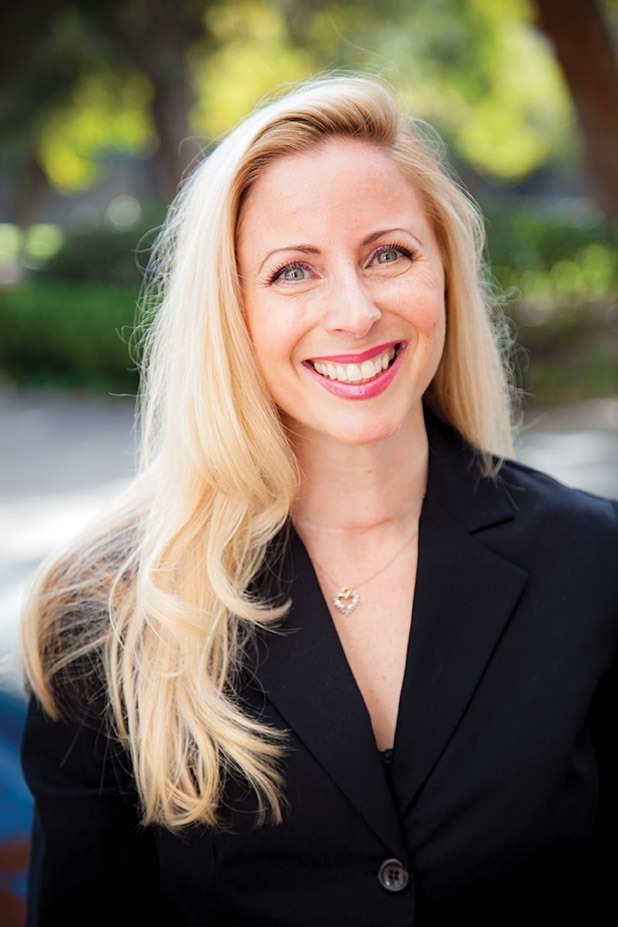
Neuro-Uniqueness
Every person has a different brain signature. Nicole Tetreault (PhD ’13) is helping misunderstood communities embrace their neurodiversity.
-
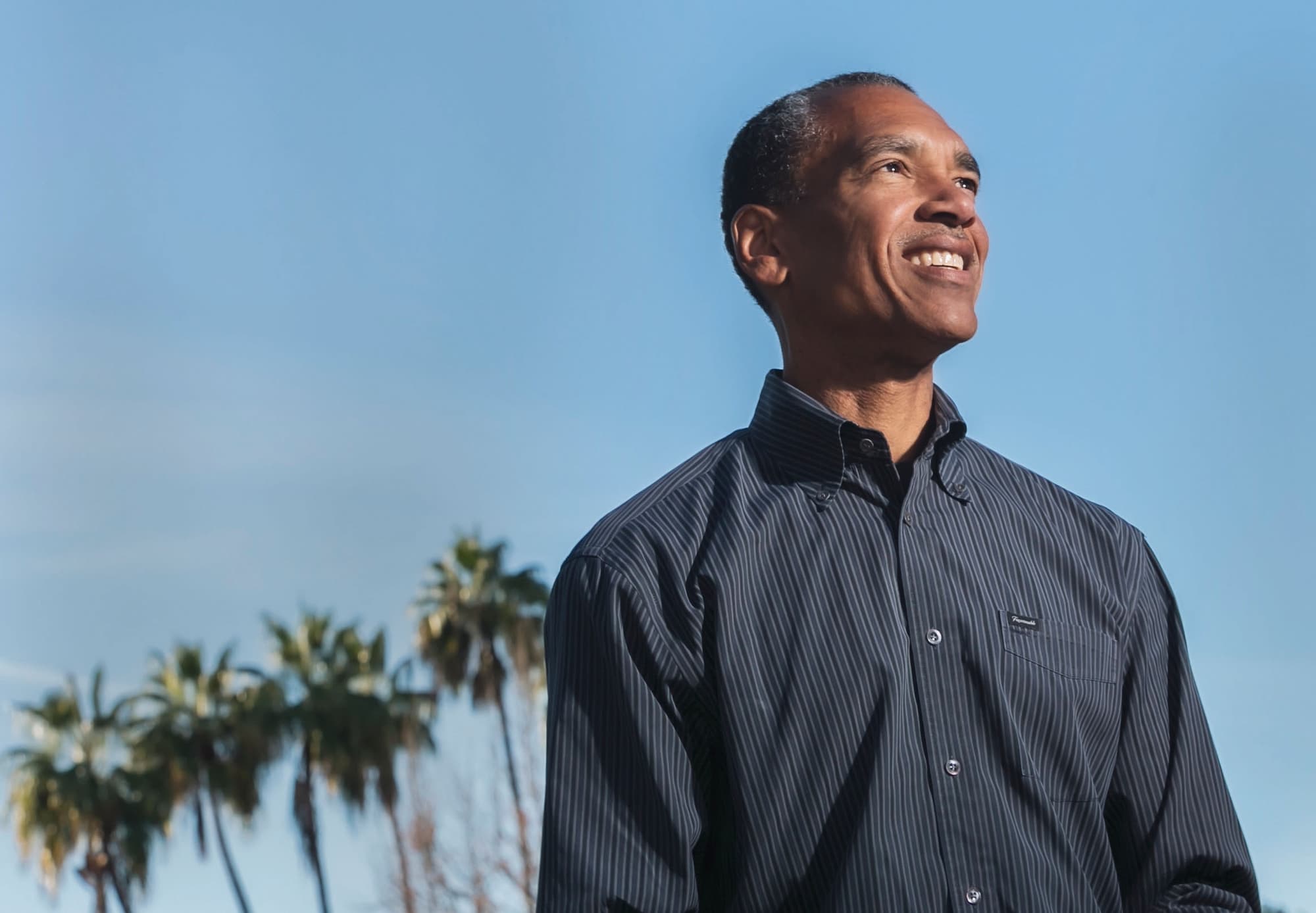
Back to the Future
Stephen Mayo reflects on his unique perspective as a Caltech alumnus serving his alma mater as an administrator, and returning to his research program.
-
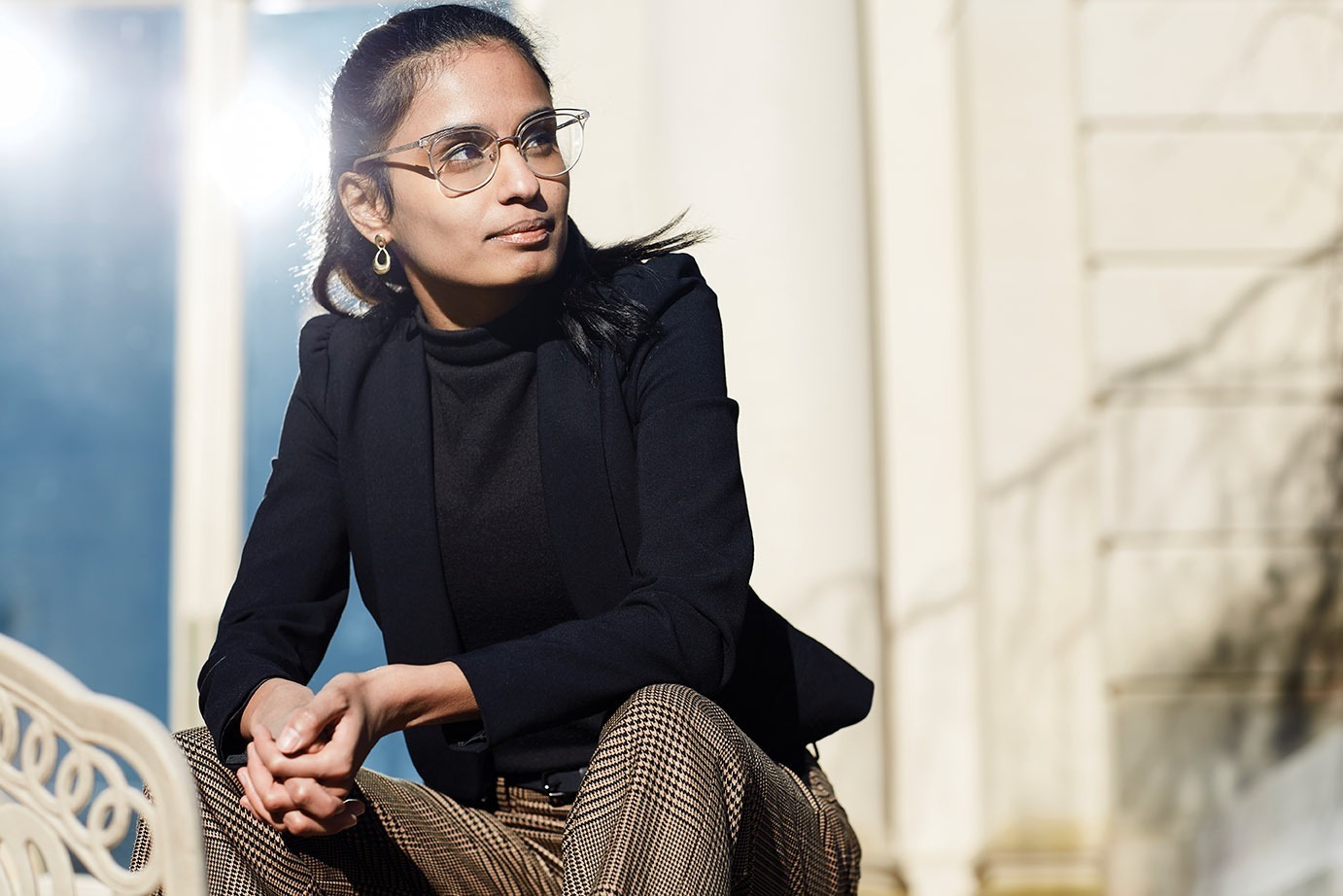
Memory Bank
The Milton and Rosalind Chang Career Exploration Prize empowers alumna to bring tales of social justice back to the collective consciousness.
-
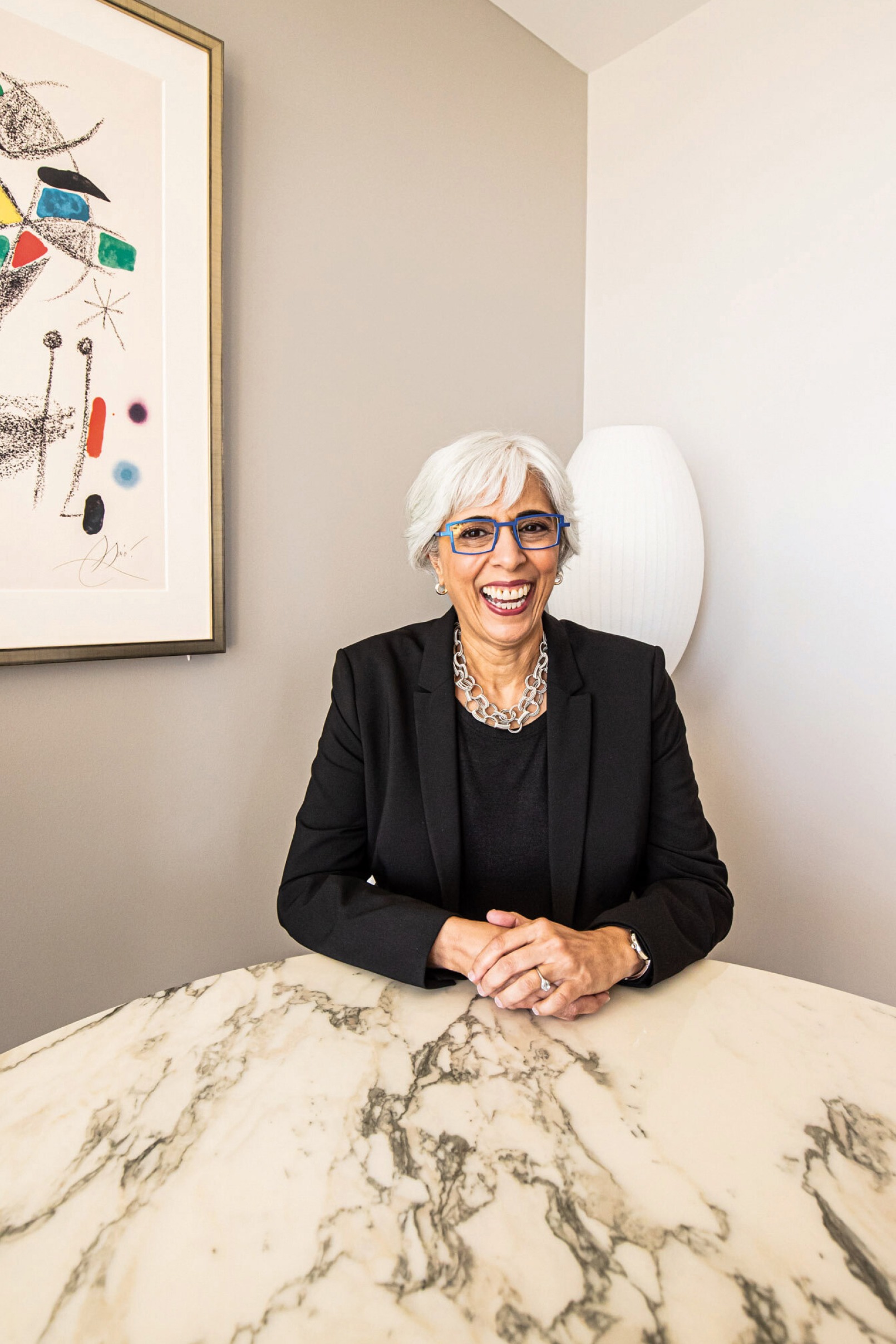
Discovery Channels
How Arati Prabhakar Aims to Transform Our Innovation Ecosystem
-
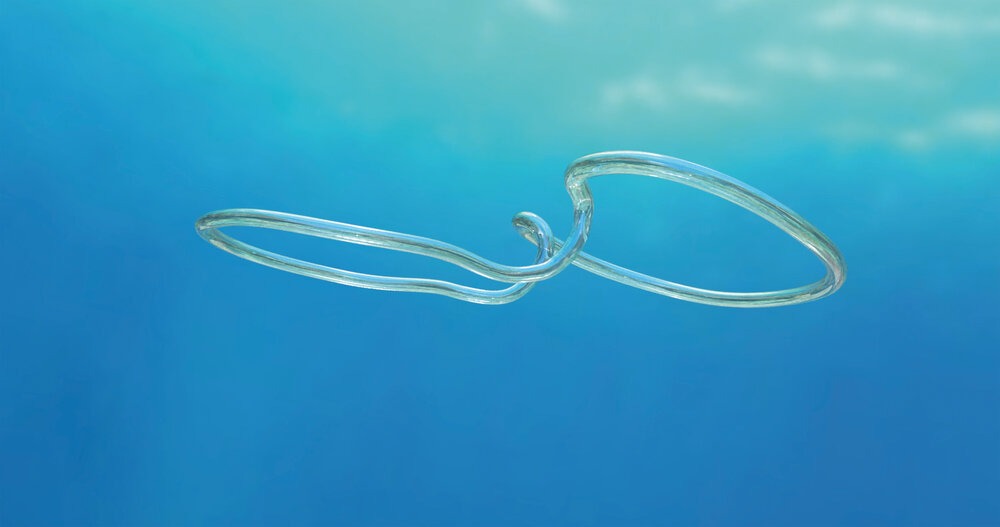
Lure of the Rings
A new hyper-realistic simulation of underwater bubble rings may shed light on the forces that govern such phenomena.


